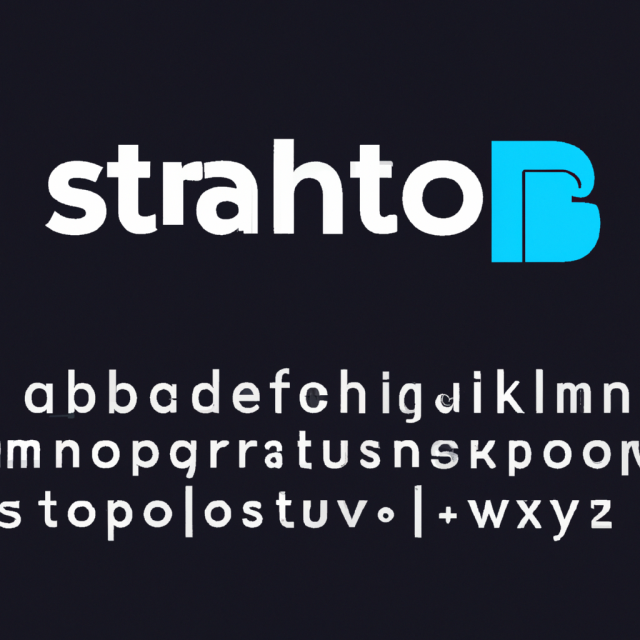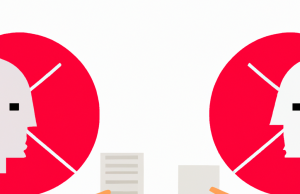A startup company, Typeface, has recently been revealed to the public with $65 million in venture capital from Lightspeed Venture Partners, GV (Google Ventures), M12 (Microsoft’s Venture Fund), and Menlo Ventures. This business is working on an AI-powered dashboard for creating marketing copy and visuals.
Abhay Parasnis, who once served as the CTO of Adobe, has created Typeface with the intention of merging generative AI with a company’s identity, target market, and processes with the ultimate objective of overhauling content production and corporate content creation. Parasnis himself puts it with lofty ambition as a plan to “reinvent” these practices.
Parasnis stated that their AI application allows businesses to craft custom content, which has attracted the attention of various corporate leaders. Merging generative AI platforms with AI-inclined contents is seen as a way of upgrading content workflows in the future.
Customers of Typeface can enter a prompt such as “Write a fun blog post about apple juice” and the platform will generate a few paragraphs of text with appropriate pictures. Users can customize the pictures and words to match the taste of certain audiences and to be consistent with the brand’s general style rules.
Without a doubt, businesses are eager to utilize artificial intelligence that can produce new results for marketing purposes.
In the last few months, Heinz, Nestlé, Bacardi-owned Martini & Rossi and Patrón have been using text-to-image systems such as OpenAI’s DALL-E 2 and Midjourney to make ads. Last week, Coca-Cola signed a contract with OpenAI that will have the company utilize ChatGPT and DALL-E 2 to make advertisements, images, and messages tailored to individuals.
An increasing number of companies that specialize in artificial intelligence have been created to focus mainly on marketing and advertising. Examples of these startups include Movio, Copysmith, Copy.ai, Sellscale, Jasper, Omneky and Regie.ai, which use AI to generate improved copy, pictures, and animation for advertising, websites, and emails.
The adoption of AI for various purposes has been quick. According to Statista, 87% of AI users have already implemented or are thinking of implementing AI in their email marketing strategies. What’s more, a different report has estimated that the generative AI market could be worth more than $110 billion by the year 2030.
However, with the growing competition, it is uncertain which startups will ultimately come out on top in terms of market success. Parasnis believes Typeface has a good chance because of the security and control it provides, as well as its ability to integrate unique visuals based on a certain company’s brand.
When it comes to using developing AI technology, brand protection and safety is a top priority. Although text-generating AI may be highly advanced, they have nonetheless been proven to produce fabricated information or hate-filled speech, regardless of the filter used. Additionally, image-generating AI has sparked controversy because it sometimes containing elements that closely resemble artwork and photography without giving proper credit. Such misuse of generative AI has even led to legal action from entities such as Getty Images.
Typeface isn’t the only one utilizing this, but it does have some success. Parasnis mentions that there are clients from various industries employing Typeface, like marketing, advertising, sales, HR and customer service. One customer of theirs is the Sequoia Benefits Group, who use the platform to generate written and visual content for both their HR and marketing personnel.
As we come out of obscurity, we are thrilled to experience great preliminary enthusiasm and interest from a wide array of mid-large organizations,” Parasnis stated. “The degree of customer reaction illustrates the quick expansion of the market and exemplifies the attraction of our special enterprise-focused vision for micro-individualized, secure content for groups.












